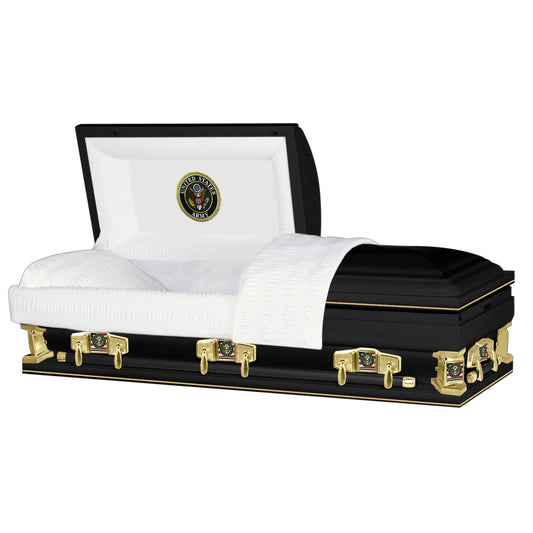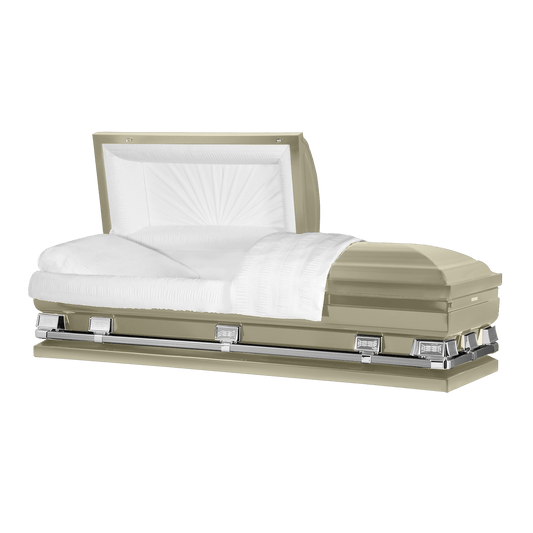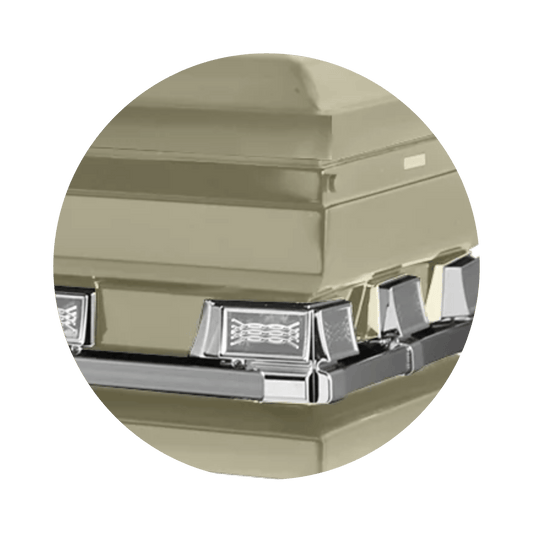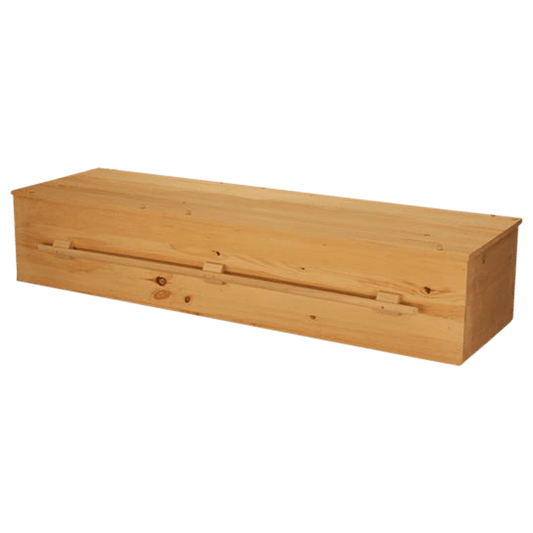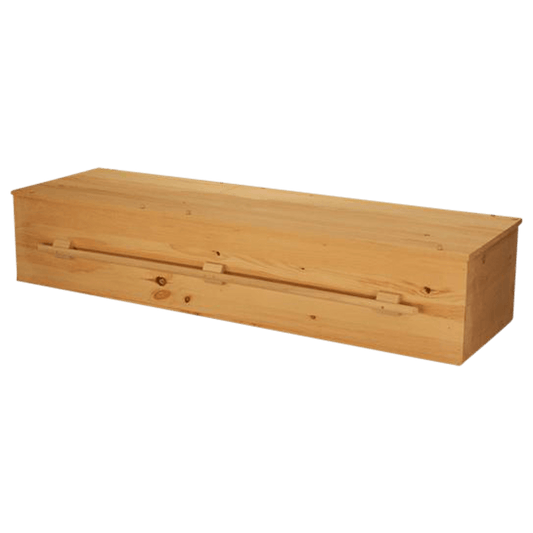Introduction
Losing a loved one can prove to be one of the most devastating events in your life, and amid all the turmoil, arranging for a befitting funeral can prove to be even more challenging. Apart from making arrangements for the casket and the memorial service, another vital aspect of a funeral is funeral transportation. When planning a funeral for your loved one, you will also be required to make arrangements for transporting the deceased’s mortal remains, as well as for family and other guests. This article shall explore the various forms of transportation that you can use to transport your loved one’s mortal remains and use for family and friends to travel to the funeral destination.
Let Titan Concierge help you plan with clarity, care, and confidence.
The Deceased Body And Types Of Funeral Transportation
When the time arises to transport your loved one’s mortal remains, the following are the most popular types of funeral transportation:
- Traditional Hearse: Over many years thus far, a traditional hearse has come to be associated with a sizable rear-drive automobile – one that has ample space in the back for the purpose of transporting the deceased’s body. While traditionally, hearses were black in color, these days, hearses are available in a multitude of colors. Until very recently, the preferred hearses in America were Cadillacs, which changed post the 1990s, when the company slowed down the production of the same. The cost of funeral transportation associated with hearses starts at around $340 and varies based on the distance to be covered, as well as the funeral home providing the service.
- Large Rear Window Hearse: This form of a hearse is similar to a traditional hearse. While traditional hearses have large panels that are opaque, making it difficult to look inside, these hearses have large rear windows. This makes it easier to view and pay respects to the deceased, especially if the deceased’s family wishes to display the coffin on the drive to the cemetery.
- Motorcycle Hearses: This form of a hearse is uncommon and is not offered by all funeral homes. For those whose loved ones were motorcycle enthusiasts, this form of a hearse will prove to be the best option. When it comes to a motorcycle hearse, there are two variants – (a) a motorcycle with an attached sidecar (with space for either a casket or an urn) and (b) a motorcycle with a trailer meant specifically for the casket.
As in the case of a traditional hearse, the cost of funeral transportation associated with motorcycle hearses varies from funeral home to funeral home.
- Carriage Hearses: Before the advent of automobiles, horse-drawn carriages were the go-to form of hearses. In many cases, these hearses were fitted with large windows, so that loved ones could pay their last respects and view the casket placed inside. With the advent of automobiles, this form of a hearse has become more uncommon, with some funeral homes still offering this service. Many funeral homes have now replaced the usage of horses with automobiles but still, maintain the charm associated with a traditional hearse by offering a trailer that resembles an old-school carriage.
- First Call Vehicles: This vehicle cannot be technically referred to as funeral transportation, as it is the vehicle used to transport the deceased’s mortal remains from the hospital/morgue to the funeral home. Despite this, given that in the time of grief, arranging for transportation of the deceased’s mortal remains will be required, this option deserves to be mentioned here.
The Deceased Family And Types Of Funeral Transportation
When a funeral is around the corner, friends and family of the deceased make the trip from around the world to pay their last respects. When the time comes to arrange transportation for guests, the following are the most popular types of funeral transportation:
- Limousine: Most funeral homes in America also offer limousine services to transport both the immediate family as well as guests to the funeral. When it comes to renting a limousine, the average cost of the same ranges between $200 and $400 per hour and varies based on factors such as the size of the limousine, distance to be traveled, and total duration it is booked for.
- Matching Sedans: When it comes to making the decision on the mode of transportation for your family members, you must factor in your personal preferences and desires. Most funeral homes offer you a choice of opting for sedans in colors that match that of the hearse. For some reason, if a funeral home does not possess its own fleet of sedans, they will arrange for the same by working with local rental companies. When it comes to this form of transport, the average price starts at $150.
Conclusion
Organizing a funeral for a loved one is a harrowing ordeal – you will be required to make a host of arrangements, all while grieving the loss of your loved one. When calling all your deceased’s loved ones, you will have to ensure that suitable transportation arrangements are made so that everyone can make it to the funeral service and pay respects to the deceased.
At Titan, families can find nominal, high-quality caskets and urns with full customization options. And with Titan Concierge, you get personalized planning services designed to fit your budget and priorities. Our goal is to take the stress out of planning so you can focus on what truly matters, honoring your loved one’s memory.
Contact for free expert advice at Titan Concierge today to learn how we can help you save money while planning a dignified farewell.

![Upgrade to Premium Weight [18-gauge steel]](http://titancasket.com/cdn/shop/products/casketthicknesswithnumbers.png?v=1680642906&width=533)



